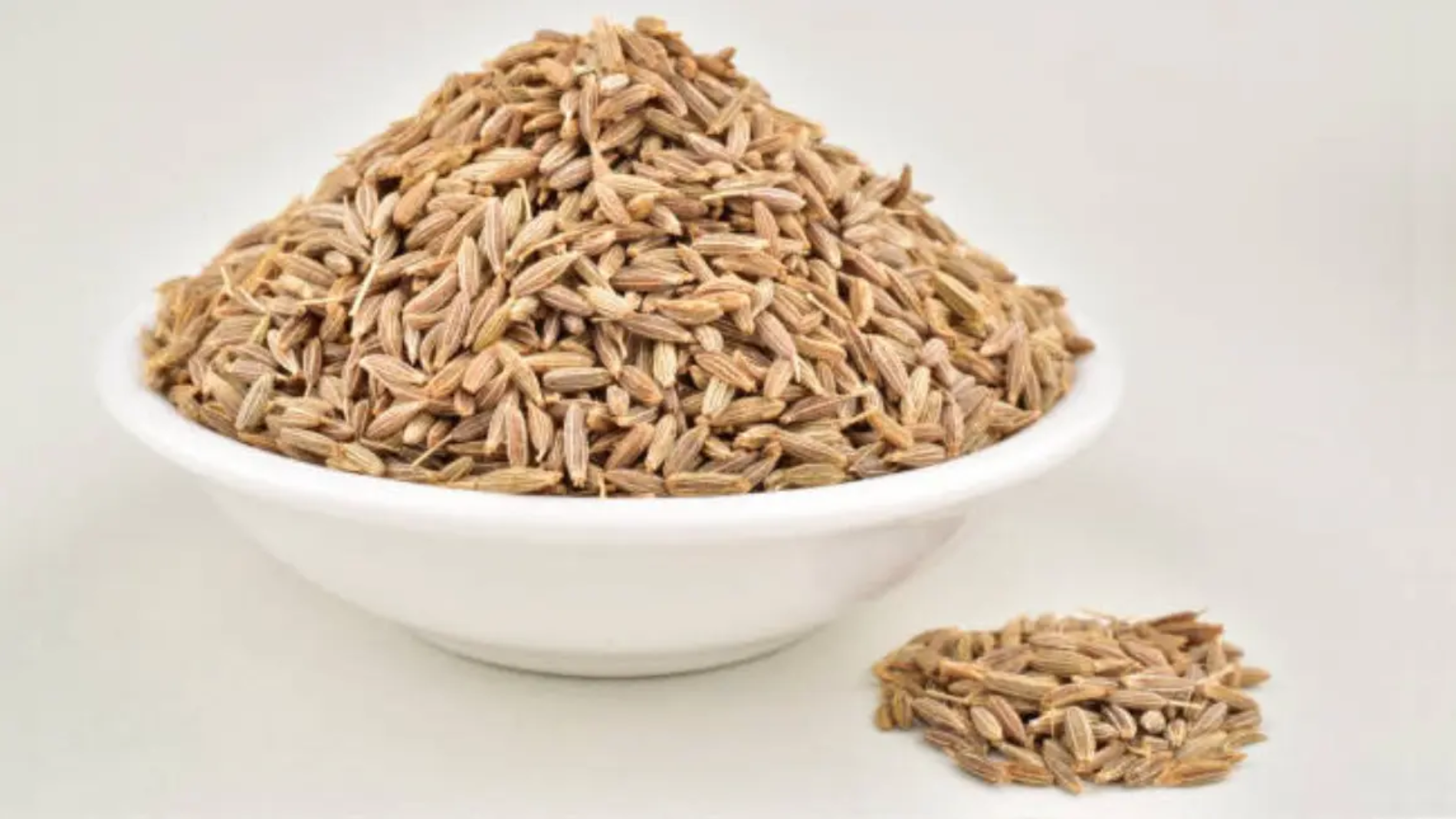India is the world’s largest producer and exporter of cumin seeds (jeera) with over 70% of global production. Indian cumin seeds are renowned for their distinct aroma and flavor, and they have huge demand around the world in markets like the USA, UAE, UK, Vietnam, and Bangladesh.
If you are willing to venture into this lucrative business, this guide will take you through the essential steps of exporting cumin seeds from India successfully with compliance, profitability, and growth.
1. Be Conscious of Market Demand and Target Countries
Prior to venturing into the export process, conduct proper studies of the market to know the countries that have maximum demand for cumin seeds. Study:
- Import data trends
- Import policy and tariff rates
- Potential rivals
- Local pricing and packaging preferences
Popular destinations for Indian cumin include:
- USA
- UAE
- Vietnam
- Bangladesh
- UK
- Saudi Arabia
Use tools like Export Genius, ITC Trade Map, or DGFT Trade Analytics for insights.
Spice Up Your Business with Authentic Indian Flavors
Import and Export Excellence from India!

2. Register Your Business and Obtain Necessary Licenses
To export cumin seeds from India legally, you’ll need to complete the following registrations:
Business Registration
Set up your firm as a sole proprietorship, partnership, LLP, or private limited company.
Import Export Code (IEC)
Required by every Indian exporter. Register online on the website of the Director General of Foreign Trade (DGFT).
Goods and Services Tax (GST) Registration
Required to raise GST invoices and obtain refunds against GST schemes.
APEDA Registration
APEDA register yourself—this is required to export agri-products like cumin seeds.
3. Source and Process High-Quality Cumin Seeds
Quality is paramount in international markets. Deal with certified cumin growers or aggregators in leading cumin-producing states such as:
- Rajasthan
- Gujarat
- Madhya Pradesh
Ensure cumin seeds are:
- Same size and color
- Cleaned and graded
- Free of stones, dust, and foreign matter
- Properly dried to avoid mold and moisture
Explore ISO, HACCP, or organic certifications to improve your product’s marketability.
Spice Up Your Business with Authentic Indian Flavors
Import and Export Excellence from India!

4. Select Proper Packaging and Labelling Requirements
Export packaging should comply with international standards. Consider:
- Moisture-proof, food-grade packaging
- Clear labelling with the product name, grade, net weight, country of origin, batch number, and expiry date
- Barcode and exporter contact details
- Adherence to importing country labelling requirements
Package types commonly used: PP bags, jute bags, or vacuum-packed pouches for value-added cumin.
5. Identify International Buyers or Importers
There are several ways to look for cumin seeds buyers overseas:
- B2B websites: Alibaba, IndiaMART, TradeIndia, Global Sources
- Export promotion councils: APEDA and FIEO organize buyer-seller meetings and leads
- Food trade shows: Gulfood (Dubai), SIAL (France), Anuga (Germany)
- Cold email/cold calling: Reach out to wholesalers, spice importers, or retailers in potential countries
Always ask prospects and negotiate contracts with clear terms (price, quantity, Incoterms, payment, delivery time).
6. Select Shipping and Logistics
Depending on buyer requirements and your business model, you can select:
- FOB (Free on Board) – Your freight payment to the port.
- CIF (Cost, Insurance, and Freight) – Your shipping and insurance payment to the buyer’s port.
Be associated with a reputable freight forwarder or logistics firm to handle documentation, customs clearance, and shipping.
Spice Up Your Business with Authentic Indian Flavors
Import and Export Excellence from India!

7. Export Document Preparation
Principal documents required for cumin seed export:
- Invoice and Packing List
- Bill of Lading or Airway Bill
- Certificate of Origin
- Phytosanitary Certificate issued by the Plant Quarantine Department
- FSSAI Certificate (if necessary)
- Instructions for shipping and insurance papers
Keep electronic and paper copies of all documents for record and compliance purposes.
8. Claim Export Incentives
As an Indian exporter, you may be eligible for government incentives under programs like:
- RoDTEP (Remission of Duties and Taxes on Exported Products)
- Interest Equalization Scheme
- Transport and Marketing Assistance (TMA) for agricultural exports
Visit APEDA and DGFT websites for recent information and claims procedures.
9. Ensure Compliance and Follow-Up
After the shipment:
- Follow up on deliveries and verify good condition of received goods.
- Follow agreed terms and receive payment (LC, advance, or DA).
- Obtain customers’ feedback and retain buyers to ensure repeat sales.
Be regularly compliant with global standards and recent license renewals.
About us
We bridge the gap between local producers and global markets, ensuring seamless trade facilitation with exceptional quality and reliability. We provide quick delivery services with customized packaging with all approval of International Certificates (Spices board India, MSME, IEC, fssai, FIEO, APEDA, EU certification, FDA and Many More)
Contact us
Shop No. 3, Ganesh Prestige Sr. No. 2/15, Near Laxmi Jewellers, Dhanakawadi, Pune – 411043, Maharashtra INDIA.
Call On
+91 9545205050
+91 9822422584



Leave A Comment